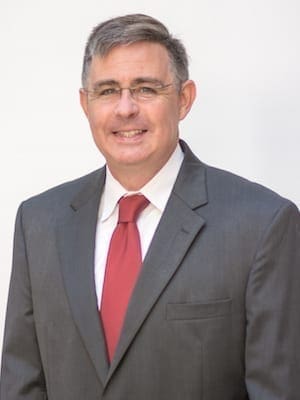Martin Luther King, Jr. wrote to Alabama clergymen his open Letter from Birmingham Jail on April 16, 1963. The religious leaders questioned King’s tactics and timing, arguing for negotiation over direct action, forbearance over acquiescence to unjust laws, patience over urgent demand for justice. King decried their pleas as indicative of the “wait” for constitutional and God-given rights that African-Americans had endured for 340 years.
We can’t wait, King said, because “there comes a time when the cup of endurance runs over, and men are no longer willing to be plunged into an abyss of injustice where they experience the blackness of corroding despair. I hope, sirs, you can understand our legitimate and unavoidable impatience.”
It’s time for Baptists and other people of faith to develop a holy impatience for injustice in <Birmingham and beyond. When Alabama clergymen and women were asked at the recent meeting of the Alabama Cooperative Baptist Fellowship, “What are the three greatest injustices facing Alabama Baptists?” the same answers were repeatedly given: racial injustice, gender injustice and economic injustice.
Participants at the meeting chose a practical response to these injustices by affirming the Millennium Development Goals (MDGs) adopted by the United Nations in the year 2000 and forming a workgroup to join the global effort.
The eight MDGs–ranging from halving extreme poverty to halting the spread of HIV/AIDS–all by the target date of 2015–outline a plan agreed to by all the world’s countries and all the world’s leading development institutions. Extreme poverty is defined as those who live on less than $1 a day.
Virginia Cooperative Baptists adopted the goals a few weeks ago, joining the United Methodist Church, the Episcopal Church, the Mennonite Central Committee and many other Christian faith groups.
What’s this all about, people of faith promoting the UN vision, linking hands with governments and advocacy groups?
It’s about a holy impatience, a declaration that for too long the most impoverished and neglected have been told “wait.” King was famous for often saying that the moral arc of the universe is long, but it bends toward justice. Affirming the MDGs provides a strategic avenue to fight poverty, hunger and disease- and the real possibility of fulfilling the vision of Luke 4.
As people of faith, we too have asked “how long, O Lord” will poverty, oppression and hunger endure? How long until justice is done, the right ordering of our world?
It’s time for us to answer that question. We can’t wait. It’s time to become the answer.
Brent McDougal is coordinator of the Alabama Cooperative Baptist Fellowship.
Brent McDougal is senior pastor of First Baptist Church in Knoxville, Tennessee.

